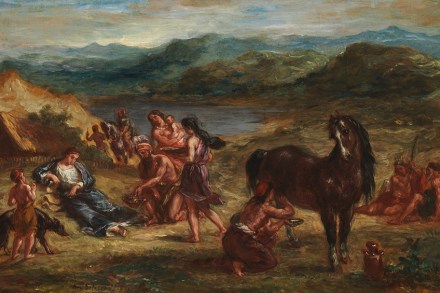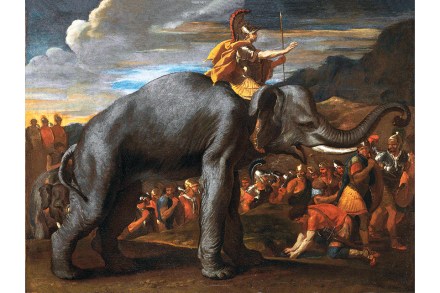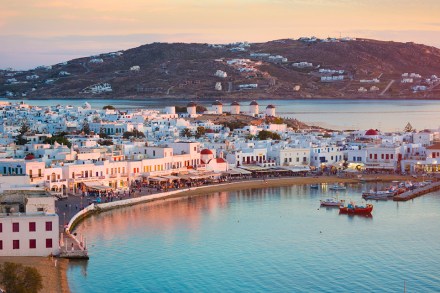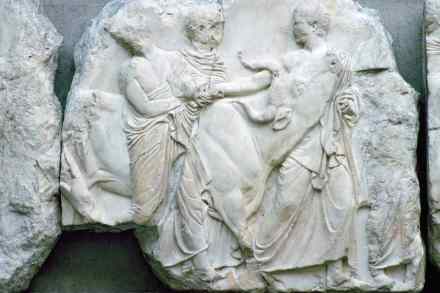Beware the restless, shifty liars
I have only been to Alexandria once, some years ago, when Hosni Mubarak was still in power, but it struck me as a sad city. Of course the library was not the library. The lighthouse was not the lighthouse. The city was not the city. I looked around for the remnants of the Greeks who had made it their own, but there seemed little left of them. Is there a cause we are financing so considerable it is decent to pass the cheque on to the next generations? Alexandria was on my mind again this week while reading a new biography of the city’s most famous modern poet, Constantine Cavafy




















